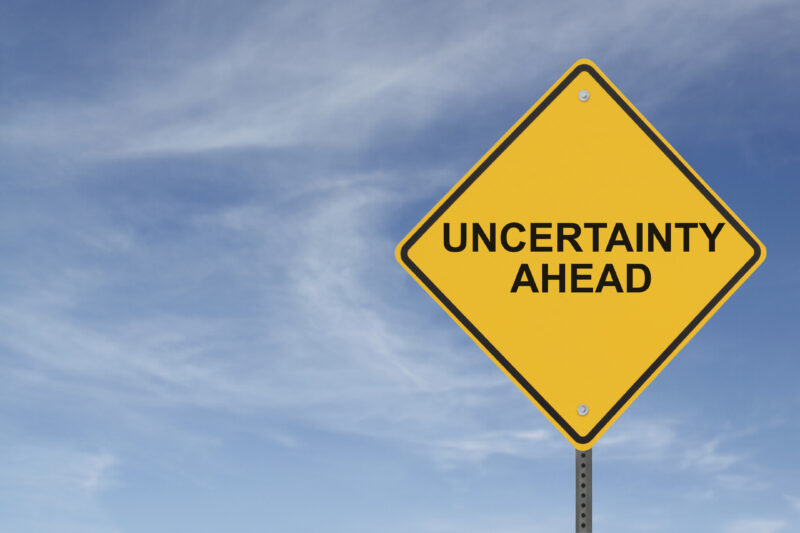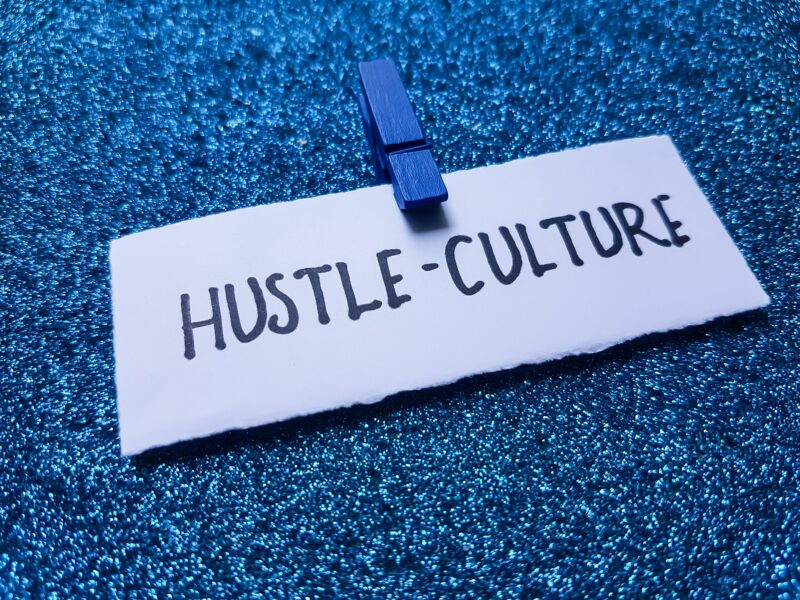How good are you at handling the day-to-day stress you experience in your life? Would you say that you have stress resilience? Resilience is defined as your capacity for stress-related growth and it has two parts:
- How you bounce back and grow from big work or life adversities and traumas; and
- How you bounce back and grow as you deal with everyday stress and hassles.
The vast majority of written materials about resilience focus on the first aspect of resilience — what to do when you’re faced with a big life trauma; however, it’s just as critical to develop resilience for life’s every day hassles. After all, it’s not every day that you experience death, divorce or other traumatic events, but you do have to deal with work stress, the stress of raising a family, traffic, family conflict, and more much more regularly.
Technology And Stress
If you had a choice between breaking a bone or breaking your phone, which would you pick? Would it surprise you that 46% of people who responded to this question said they would prefer to break a bone?! What’s more, this was not an easy decision for the other 54% of respondents — they agonized over it. The latest statistics show that people average three hours a day on their phones; in the pre-smart phone era, that average was 18 minutes. In a recent 60 Minutes episode, experts explained that when you hear a ping or feel the buzz of an incoming text or email and can’t check it, you feel stressed. Even when you can’t hear or feel those signals, people feel uncomfortable if they can’t check their devices on a regular basis. Your body responds to each of those micro-moments by shooting out a little bit of the stress hormone cortisol. That’s not a bad thing until it happens hour after hour, day after day.
Everyday Stress And Your Mental Health
One study investigated whether levels of negative emotion people experience along with how they respond to everyday hassles had long-term health implications. Researchers asked participants to assess whether any of the following types of stressors had occurred in the past 24 hours: an argument, a situation where the participant could have argued but decided to let the issue pass, a problem at work, a problem at home, a problem in the participant’s social network or any other experience that occurred that most people would consider stressful but which wasn’t one of the other five categories. Ten years later, the participants completed an interview. What they discovered is that the way these participants reacted to everyday stressors and hassles predicted changes in mental health outcomes across the 10-year span. The chronicity of frequent negative emotion and the inability to process everyday stress takes a toll on your mental health.
In another study, researchers found that both the frequency and perceived intensity of daily hassles showed a significant relationship with overall health, a relationship that was stronger than the relationship provided by major life events. Both the frequency and intensity of day-to-day hassles were associated with illness.
New research in the area of chronic stress reveals that it actually ages us down to the cellular level. Telomeres (tee-lo-meres) are repeating segments of noncoding DNA that are housed at the ends of your chromosomes. If you want a good visual, telomeres look like the plastic tips on the ends of your shoelaces, and their function is to keep your DNA safe. Telomeres shorten each time your cells divide and they help determine how fast your cells age. The latest research in this area shows that your telomeres can be lengthened or shortened, making aging a more dynamic process than previously thought — a process that can be accelerated or slowed. While we will all get older, how we age is very much connected to our cellular health. If you’re interested in how this process works, your goal should be to have more days of cell renewal than wear and tear.
What Helps? Stress Resilience Strategies
I’ve developed a number of STRONG strategies — my acronym for STress Resilience ON the Go. They are easy to implement, research-based tips to help you better manage your stress on the fly, particularly when you’re busy. Here are three of my favorite STRONG strategies:
1. Activate a “can control” mindset by asking yourself this question: “Where do I have a measure of control, influence or leverage in this situation?”
More than 50 years of psychological research has demonstrated that perceived control (often referred to as self-efficacy) is a big predictor of psychological health and general well-being and is a main ingredient of resilience. According to Shim, Crum, and Galinsky, when people feel a sense of being in control, they show greater optimism, sustained attention, better problem solving, and higher levels of resilience. They are also more productive at work, especially during times of threat and uncertainty.
2. When you’re stressed out and stuck, phone a friend. I’m a card carrying member of the “I can do it all on my own” club, yet a cornerstone of resilience, well-being, happiness and just about every positive life outcome is having solid relationships — a few people you can count on. My daughter just turned one, and it seems like I learn a new parenting lesson every week (sometimes every day). It really helps to know that I can reach out to my sisters-in-law and other friends for help and advice.
3. If you want to put limits on your tech use, utilize the “butt-brush effect.” This is an example of a stopping rule – a cue in your environment that gets you to stop something. In the 1990’s, psychologist Paco Underhill was asked by shopping store owners to help them identify why people suddenly stopped shopping. Underhill noticed that when strangers brushed up against each other, they left the store. The shoppers couldn’t explain their behavior, but the “butt brush” served as a cue to stop shopping and move onto something else.
Human beings need to improve their ability to manage the stress we all experience on a day-to-day basis. Stress resilience can help you live longer and healthier.
Want to know more? Download my free “Is It Stress or Is It Burnout” strategy guide here. You can also learn about our speaking and training programs here.







